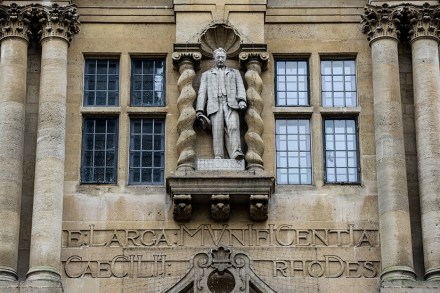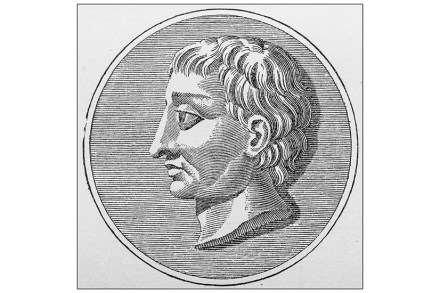How the ancients approached the three Rs
German archaeologists have found ancient Egyptian tablets covered in repetitive writing exercises and ask — were they pupil punishments? But if classical examples are anything to go by, they sound more like normal education. For elite Roman boys, education began with elementary reading, writing and numbers. From about the age of nine, they developed these skills further, especially in the study of poetry, and began Greek; and at 15, they were taught the arts of political and legal argument, drawing widely on mythical, historical and philosophical precedents, to prepare them for life at the top of Roman society. Rote learning, memorisation, repetition (and the whip) were the means of ‘driving


















